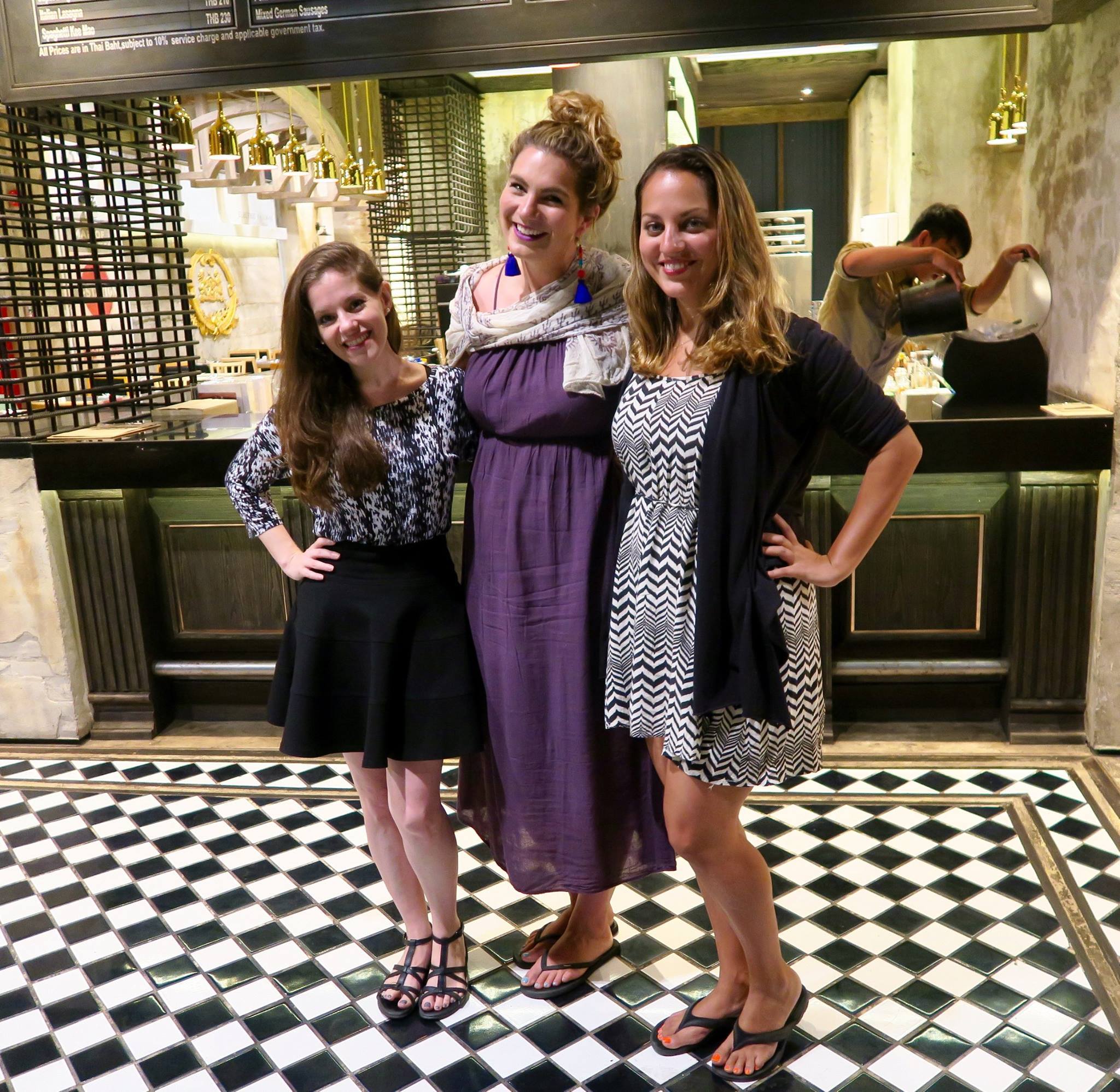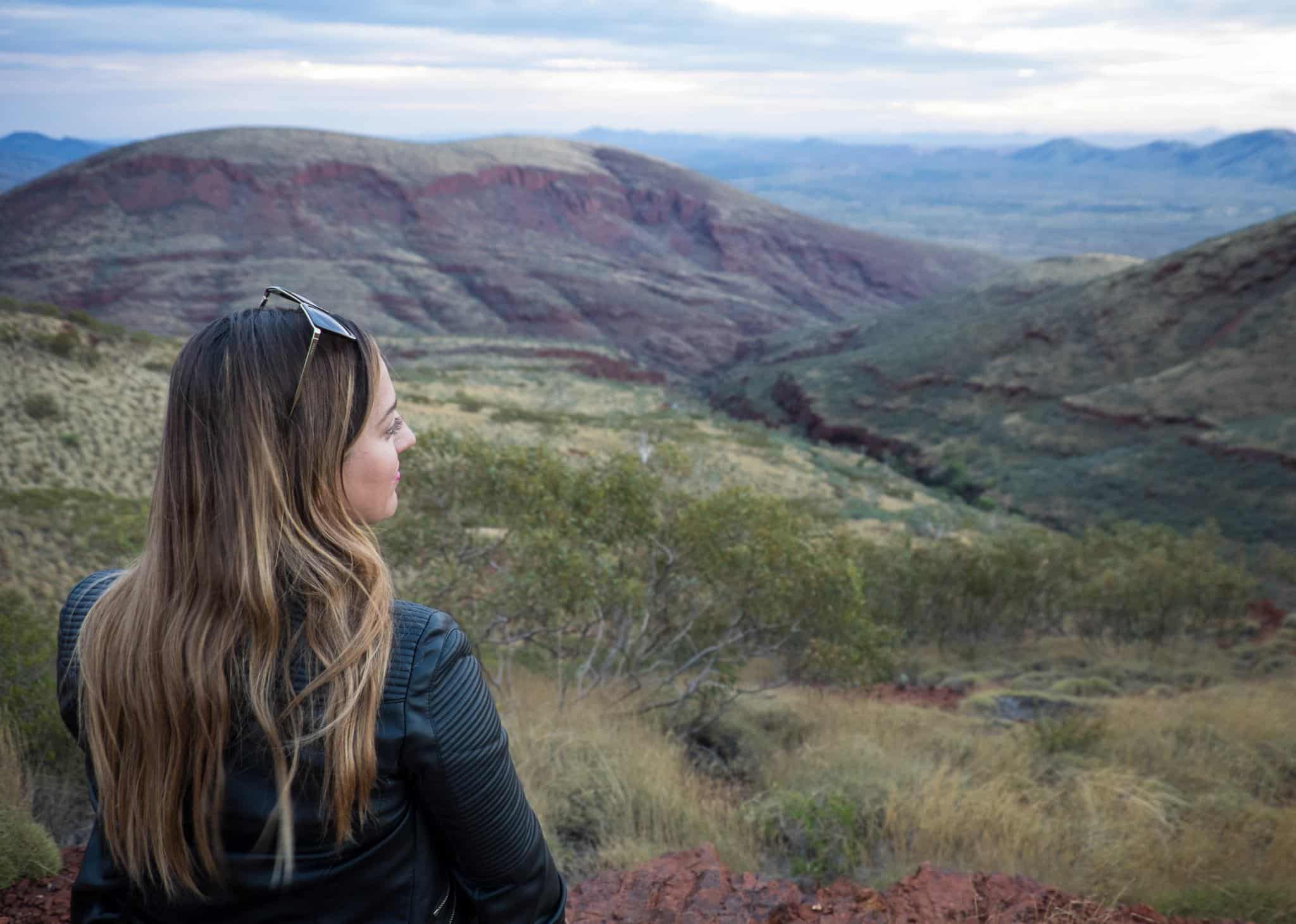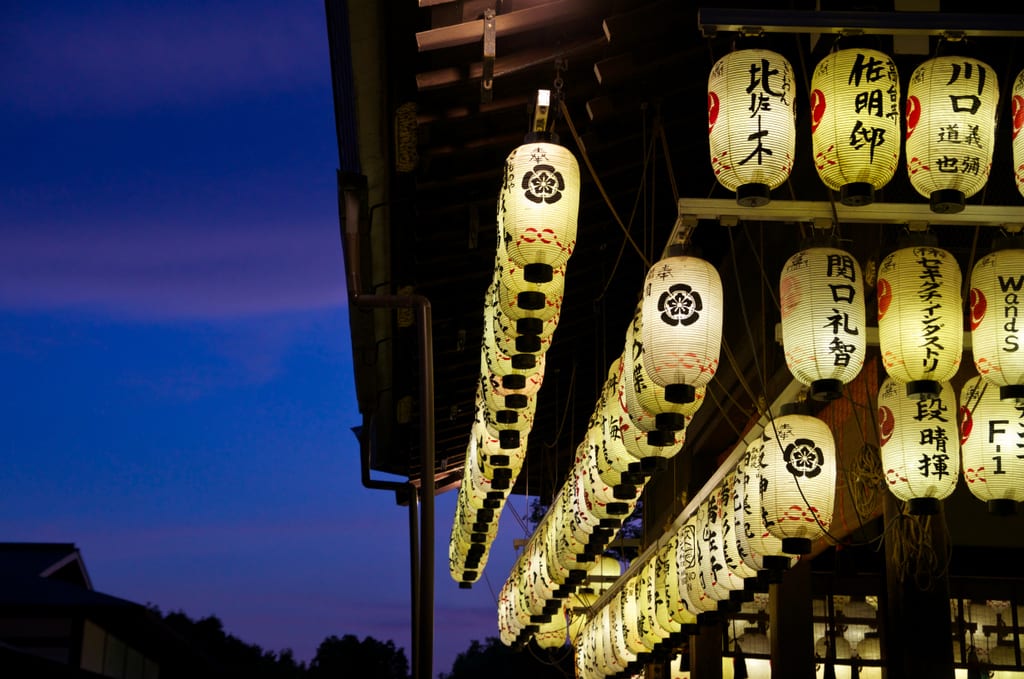Adventurous Kate contains affiliate links. If you make a purchase through these links, I will earn a commission at no extra cost to you. Thanks!
Imagine that you’re finally on the long-awaited trip of your dreams. You planned everything perfectly — the carefully spaced itinerary, the comfortable and ideally located accommodation, the highly recommended restaurants, the Instagram shots that will make your friends jealous.
You go on the trip, and it’s wonderful. Then somewhere around the third or fourth day, things change.
You suddenly lose the desire to explore.
You’re tired, irritable, and cranky.
You find yourself annoyed and frustrated by local peculiarities that you once found charming.
You’re struck by an urge to stay in your room all day.
You spend more time browsing your phone in Starbucks than exploring your destination.
That, my friends, is travel burnout. It happens to me all the time — most recently, in Kyoto.
The narrow non-sidewalks annoyed me. The tourist crowds annoyed me. I found myself standing in front of the gate to Yasaka Shrine, one of my favorite temples from my 2013 trip to Japan, and I couldn’t even muster the energy to walk inside.
Plus, it was a gloomy winter afternoon and I knew I wouldn’t get photos as good as the ones I got in 2013. How amazing is that light?!
Myths About Travel Burnout
There is a lot of misinformation out there about travel burnout. Let’s start by evaluating the myths.
1. You can’t get travel burnout on a short trip.
Think burnout only happens to backpackers on months-long trips? Nope, not at all. Even if you’re only traveling for a few days, you can easily get burned out if you pack too much into your time frame or you have a bad mindset or have a difficult experience.
2. You can’t get burnout in an “easy” destination or somewhere that’s within your culture.
Not true at all. Even traveling across the country — to Seattle if you’re from Boston, or to Bristol if you’re from Leeds — can be overwhelming. It doesn’t matter where you go; it can happen anywhere.
3. Travel experts don’t burn out.
Hi. Raises hand. It happens to me and pretty much every professional travel blogger I know. Google around and it won’t take you long to find posts with bloggers complaining about working too much, being tired, and needed to make a change because their travels aren’t fun anymore.
4. Burning out is the sign of being a bad traveler.
Absolutely, completely false. Be kind to yourself. Having a cheat meal doesn’t make you bad at fitness, losing your temper doesn’t make you a bad parent, and getting burned out doesn’t make you a bad traveler.
5. With careful planning, you can avoid travel burnout.
Sure, carefully planning your travel is a way to ensure the best trip possible. And while you might be able to reduce the chance of burnout, unfortunately there’s no way to guarantee it won’t hit anyway.
When I was in high school I had to take a life skills class that covered topics like alcohol abuse. I can still remember all the factors that affect how intoxicated a person can get: How much they drink. How fast they drink. Their past drinking experience. How much they’re eating. Their moods and feelings. Whether or not they’re taking other drugs or medications.
Well, let’s translate that over to the travel world. What affects how burned out a traveler can get? How long they’re traveling. How fast they’re traveling. The ease of travel in this destination. The financial stress of this destination. Whether they’re working while traveling. Whether any disasters happen during their trip. What they’re missing at home.
And while you can attempt to plan, there are too many factors in the air. What if you get to Colombia and realize that you vastly underestimated the language barrier? What if a relative at home gets some bad news while you’re away and you wish you were there? What if you take every precaution but get pickpocketed on the subway anyway? You can’t plan for everything.
How to Deal with Travel Burnout
If you start feeling burned out, the chief way to survive is to reduce stress
Let go of the idea of perfection. You’re never going to do everything that you want to do. Make peace with that.
Spend a day at home. Spend a morning or even a full day in your hotel room. Order room service. Have a Bruno Mars dance party. Sing “One Sweet Day” at the top of your lungs in the shower. Or, you know, watch some Netflix like you would at home.
Go dwell in a familiar space. My go-to? Starbucks. Nope, it isn’t an indie cafe with artisanal pour-overs, but you know what? It’s familiar. It’s easy. They have wifi.
Create a routine. If you have a few more days in your destination, become a “regular” at a place, whether it’s a restaurant or coffee shop. Have your own order.
Work out. If you’ve got a gym or pool at your disposal, get yourself a workout. If not, try a 7-minute workout or do some yoga or a boot camp over YouTube. If you’d rather care for your mind, do some guided meditation using an app or YouTube.
Connect with loved ones. Just talking to someone you really enjoy could lift your spirits. It might be a good time for a chat or Skype call with those you hold dearest.
Spend time in nature. Even if it’s just a long walk on a beach or sitting in a public park for a few hours, being in nature could do a lot to rejuvenate your spirits.
Slow down your travels. Can you rebook anything? See if you can pare your trip down to the essentials, whether it’s axing day trips or cutting back on the sightseeing. Give yourself more time to explore without an agenda.

Finally — Know When It’s Something Worse.
I had a breakdown in fall 2015 in Chiang Mai, Thailand, and it was one of the lowest points of my travels. It couldn’t have been more ironically timed — I was in one of the most Western-friendly cities in Asia, I was surrounded by friends, I was making excellent money, and I had just finished what I now consider one of the happiest, more carefree periods of my life.
Yet I woke up one morning and suddenly felt paralyzed. Forget going out and exploring — the idea of walking to an unfamiliar coffee shop or restaurant suddenly filled me with fear. It felt like the world was pressing in on me.
Was there anything to fear? No. Nothing. But fears are seldom rational.
Everywhere I went, I felt like people were staring at me, laughing at me. I couldn’t muster the nerve to do anything remotely touristic and I stayed ensconced in the Nimmanhaeman neighborhood, not wanting to step beyond the limits of digital nomad land.
One of those nights my friends and I went to get Thai barbecue at an enormous gymnasium-like complex. I looked at the endless rows of buckets filled with vegetables and protein, of tables filled with do-it-yourself grills, and the enormity of the task made me want to sob.
So what did I do? I ate breakfast at The Larder every day, occasionally hung out with my friends, and spend a lot more time holed up in my room. I booked an expensive flight home early via Bangkok, Hong Kong, and Tokyo. I turned my focus toward moving to New York.
I needed to go home then — it was the best thing for me, and it helped me regroup and focus on my new goal. Just going home alone brought my nerves from a 9 out of 10 to a 4 out of 10, and in time it continued to decrease.
To this day, I don’t know why that anxiety erupted at that time. It happened because it happened.
If you need to go home, go home.
Most of the time, you won’t need to go home. Having the travel blues is something that you can bounce out of within a few days, and if you cancel your trip before making an effort, you could end up regretting your decision.
But if you’ve tried the above suggestions, your mental health is still suffering, and you can’t stop thinking about going home, canceling a trip might be the right thing to do. There are some things more important than a trip. You’ve only got one life.




